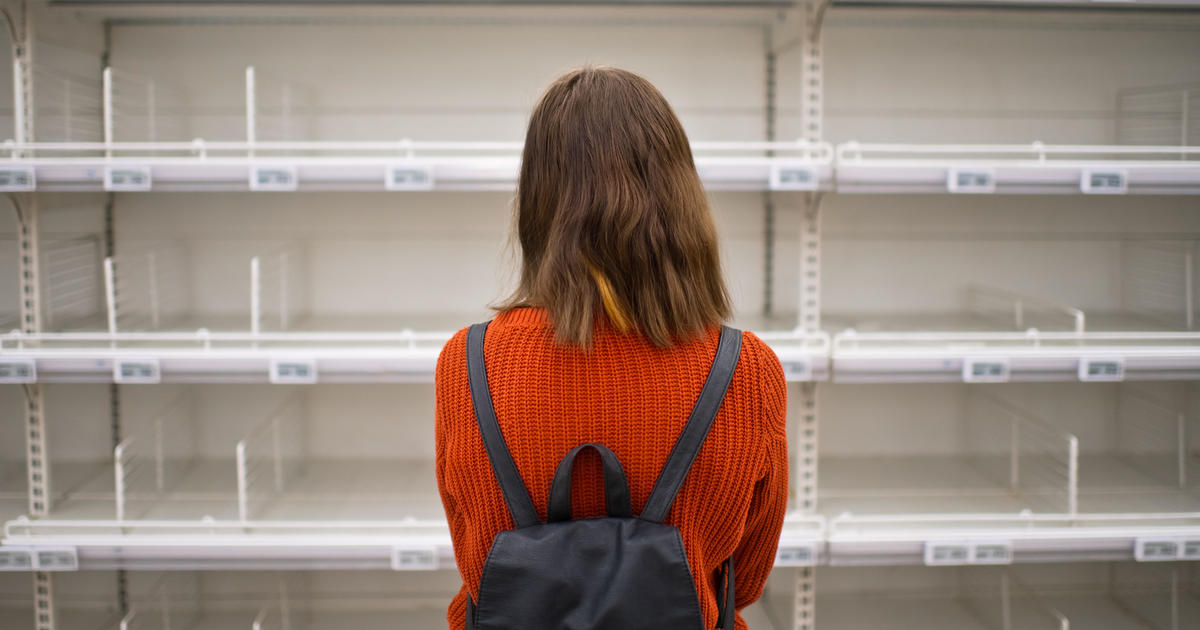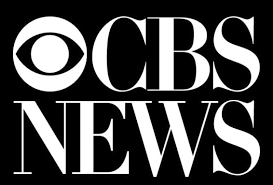How should parents who can't find formula feed their babies?
Companies, agencies, institutions, etc
Watch CBS News
Datasembly
the Dell Medical School
The University of Texas
CBS MoneyWatch
the United States Lactation Consultant Association
Haak
challenging."The Human Milk Banking Association of North America
Duke University
the Massachusetts Institute of Technology
Facebook
The Associated Press
formula?'"It
—The Associated Press
First
CBS Interactive Inc.
ICE Data Services
FactSet
The Associated Press.
People
Megan Cerullo
Steven Abrams
Jackee Haak
Natalia Summerville
UT Austin
Abrams said."Formula
Groups
European
Physical locations
No matching tags
Places
No matching tags
Locations
U.S.
Austin
U.S.Consider
Canada
it."A
Summerville
Kersey
Cheshire
Connecticut
Events
No matching tags

Summary
For parents who can't get their hands on their babies' usual formula products, pediatricians and maternal health experts have some advice on do's and don'ts amid the shortage.For most babies who don't have special needs and are six months or older, whole cow's milk is a safe alternative to formula as long as it is only used as a substitute for a short period of time, according to Dr. Steven Abrams, a professor of pediatrics at the Dell Medical School at The University of Texas at Austin. "Unless a baby is on specialty formula, most ingredients are similar," said Jackee Haak, a lactation-care provider who is on the board of directors for the United States Lactation Consultant Association. Barriers make that challenging."The Human Milk Banking Association of North America, made up of 30 nonprofit milk banks across the U.S. and Canada, is urging more women to donate their own breast milk, which is distributed to local milk banks and pharmacies and made available to parents in need.Typically, parents seeking donated breast milk for their babies can get a prescription from their pediatrician."Milk banks receive donations, they process it and do a lot of testing and pasteurize it, then they freeze it and are able to distribute it," Natalia Summerville, a breast milk and formula expert and lecturer at Duke University and the Massachusetts Institute of Technology said. Usually it is provided at no cost to families who need it."A lot of moms that have more than enough milk to feed their own babies and have a surplus are willing to contribute it for social good," Summerville said.Look for support groups on social media websites such as Facebook that are dedicated to helping parents find formula through crowdsourcing.
As said here by Megan Cerullo